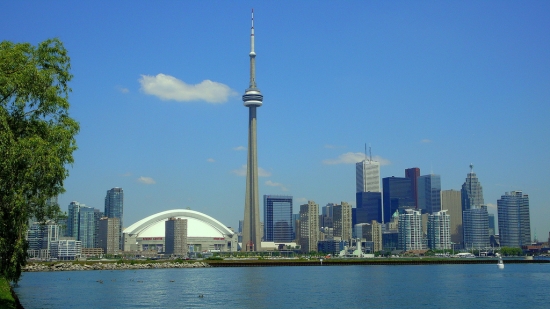Several major industry groups have joined in protest against proposed new parking charges in the Greater Toronto Area (GTA), including the Real Property Association of Canada, the International Council of Shopping Centres and the Building Owners and Managers Association of the Greater Toronto Area.

Michael Turner, the president of the Greater Toronto chapter of the NAIOP, the commercial real estate development association, said, “We are 100 per cent in favour of investment in this city and the region.”
However, the group wants a more equitable means of raising funds to invest in the local transit system rather than increasing parking charges. The real estate industry feels that a parking tax puts the burden too heavily on commercial property developers to pay for improvements which will benefit the entire region.
The industry’s strong reaction comes shortly after the province’s Metrolinx agency released its report with suggestions for raising money to pay for a huge revitalization and expansion of the transit system.
Premier Kathleen Wynne is in favor of proceeding with the $34 billion strategy to support the province’s transit system. Metrolinx has proposed raising funds by increasing the HST (Harmonized Sales Tax) by one per cent, imposing a gas tax or the parking charges. The government will study these options and hold consultations before making a decision.
Mr. Turner says that his group does not oppose a sales tax increase but is strongly opposed to the parking tax solution.
He said, “First of all, it’s double taxation. The value of parking stalls are already accounted for in the assessed values of the property.”
The parking tax would likely apply to off-street non-residential parking. The proposed rate would be $0.25 per parking spot per day, according to REALpac. In its view. this tax unfairly targets only one industry.
REALpac’s chairman Stpehen Taylor said, ““We support efforts by the government to improve transit. However, when it comes to funding, everyone should be treated equally and fairly.”
The industry also states that the levy is a type of “hidden tax” which will be paid by parking suppliers and their tenants, such as industrial facilities, offices, and shopping centres, as opposed to users. It will have no impact when it comes to reducing congestion on the roads or encouraging the general public to use transit.
The levy would only apply to non-residential commercial properties. Hospitals, schools, and condominiums would be exempt, according to Mr. Turner. He points out that only a very narrow segment of the business community would be targeted under the proposed plan.
Patti Parente, the chairperson of government relations at the International Council of Shopping Centres, said that the real estate groups would work with the government to find a better solution to the issue of finding dedicated transit funding.
Previous Post
Internet Sales Help New Look Return to Profit